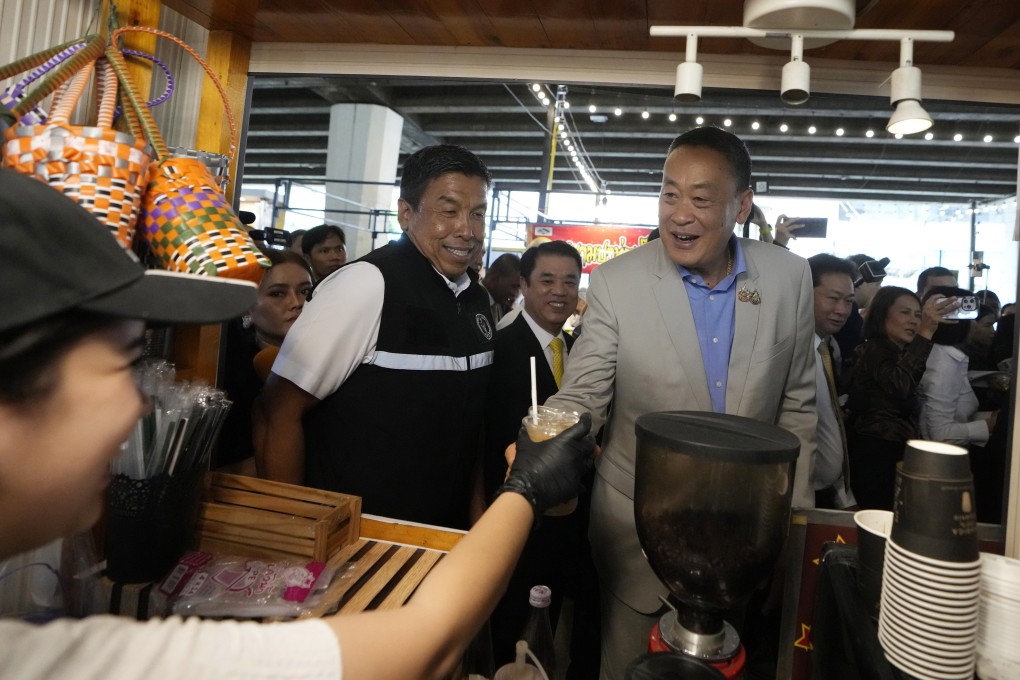Advertisement
Opinion | How Thailand’s political turmoil complicates ties with the US
- As Thailand’s military exerts more control over the political process, the country has increasingly seen China as an alternative partner
Reading Time:3 minutes
Why you can trust SCMP
3

Thailand has long been a key ally of the United States, with both nations seeking to continue to nurture strong military and economic relationships. However, since the military’s 2014 coup, Thailand has increasingly turned towards China for support.
Despite Washington’s best efforts to lure Bangkok back into its orbit, Thailand’s recent domestic and international actions indicate that a realignment with the West is unlikely any time soon. Last year’s elections did present a glimmer of hope, when the progressive political party Move Forward overwhelmingly won the public mandate to form a government, with 312 seats in the legislature’s 500-member lower house.
However, the military-backed constitution implemented in 2017 requires a new prime minister to receive a majority vote from the elected House of Representatives and the 250-member military government-appointed senate. Move Forward’s Pita Limjaroenrat only received backing from 13 senators when he attempted to form a coalition.
Advertisement
The final blow to the party occurred recently when the Thai Constitutional Court voted to disband it. Despite this, the party was reconstituted with a new leader and took on a new name, the People’s Party.
The Pheu Thai Party, which placed second in the election, then formed a coalition that included politicians associated with the military. Property tycoon Srettha Thavisin assumed the role of prime minister before his sudden removal by Thailand’s top court last Wednesday. Paetongtarn Shinawatra, the daughter of former leader Thaksin Shinawatra, has now been chosen to replace him.
Advertisement
Rather than seeking to upset the status quo and implement major reforms to the constitution, particularly with regard to the lèse-majesté law – which carries a penalty of up to 15 years in jail for anyone who insults Thailand’s monarchy – Thavisin focused his agenda on economics. This is with good cause, as Thailand’s per capita income levels have not rebounded above their 2019 levels.
Advertisement
Select Voice
Select Speed
1.00x
